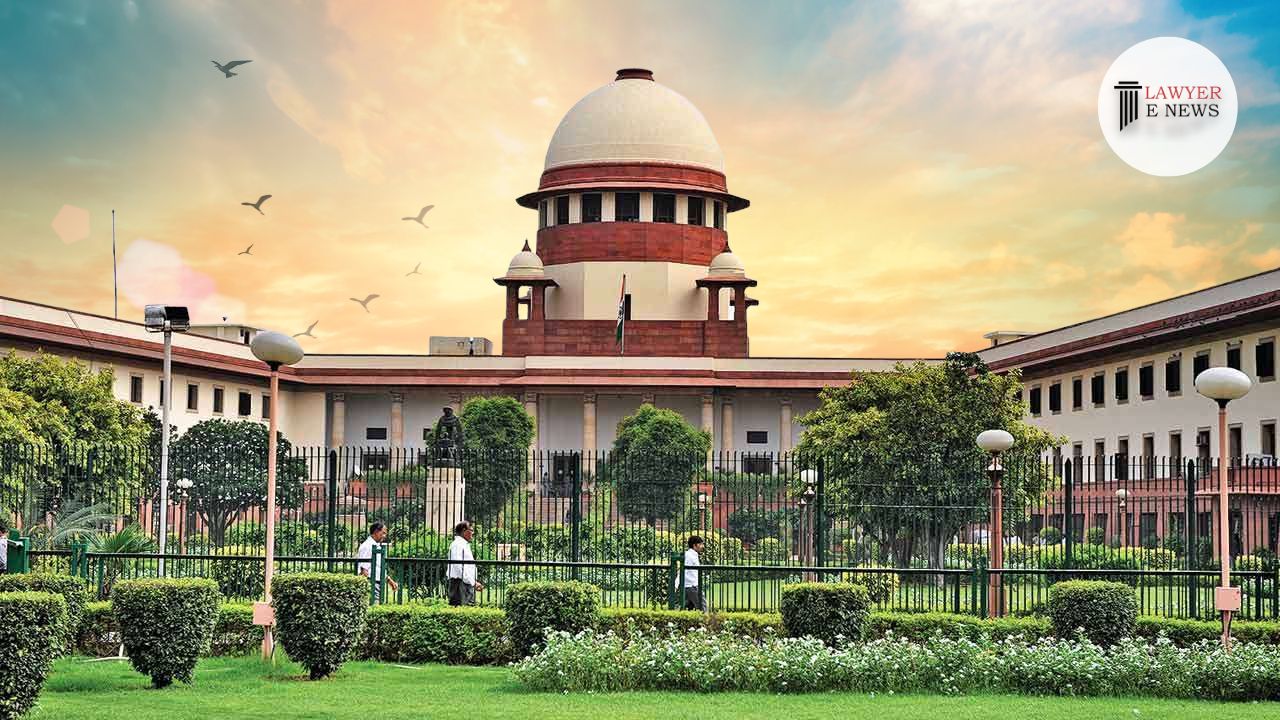-
by sayum
14 February 2026 2:22 PM



In a significant ruling, the Calcutta High Court has set aside the conviction of Goutam Dey who was previously sentenced for dowry death, cruelty, and abetment of suicide under Sections 498(A), 304(B), and 306 of the IPC. The court observed, “Serious prejudice to the appellant as allegations were not substantiated,” thereby allowing the appeal in the case titled Goutam Dey Vs. The State of West Bengal.
The appellant was convicted by the Fast Track Court, Paschim Medinipur, which found him guilty based on the prosecution’s claims of continuous cruelty and harassment related to dowry demands, leading to his wife’s suicide. The primary legal contention raised in the appeal centered on the sufficiency and reliability of evidence regarding the alleged cruelty and harassment.
The prosecution’s case largely rested on the testimony of the victim’s mother and other relatives who described a pattern of physical and mental torture due to unmet dowry demands. However, significant contradictions emerged during the cross-examination of key witnesses, and many were declared hostile, which cast doubt on the uniformity and credibility of the prosecution’s narrative.
The Hon’ble Justice Ananya Bandyopadhyay meticulously analyzed the evidence and highlighted the discrepancies in testimonies, especially the lack of direct evidence linking the accused to any act of cruelty immediately leading to the suicide. The judgment pointed out, “By dint of the cross-examination, the entire prosecution case was refuted which caused serious prejudice to the appellant as the same were not considered.”
Inconsistency in Testimonies: The court noted that witnesses either did not support the prosecution’s version or contradicted each other, thus failing to establish a consistent pattern of cruelty.
Lack of Direct Evidence: There was a notable absence of direct evidence that linked the alleged acts of cruelty with the deceased’s suicide. The supposed suicide note, a crucial piece of evidence, was never recovered or authenticated.
Legal Misapplication: Discussing legal precedents, the court emphasized that for charges under Section 306 (abetment of suicide) and 304(B) (dowry death), there must be clear evidence of cruelty or harassment proximate to the time of death, which was lacking in this case.
Presumption under Section 113-A of the Evidence Act: The court observed that while the law presumes abetment in cases of suicide within seven years of marriage following cruelty, such presumption is rebuttable. In the absence of compelling evidence of cruelty linked directly to the suicide, the presumption cannot be sustained.
The court concluded that the prosecution failed to establish beyond reasonable doubt that the appellant had either abetted the suicide or engaged in dowry-related cruelty leading directly to the wife’s death. Consequently, the earlier conviction was set aside, and the appeal was allowed.
Date of Decision:10 May 2024
Goutam Dey Vs. The State of West Bengal
